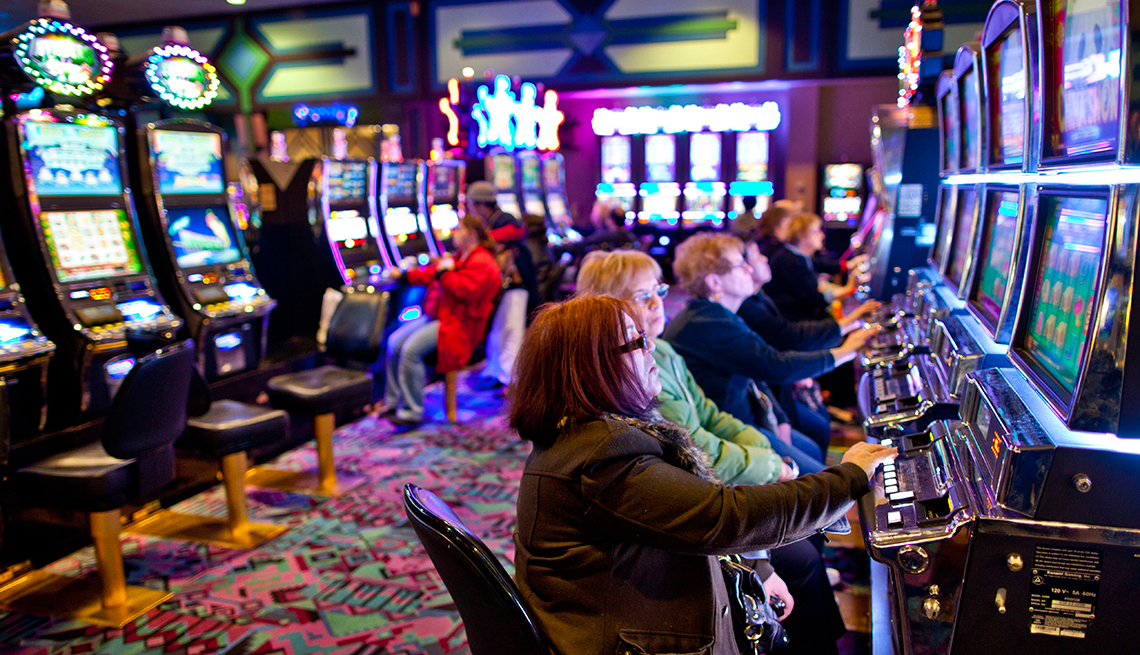
Gambling games have long captured the imagination of individuals around the world, becoming an important part of both leisure and tradition. From the glimmering lights of Nevada to the captivating experience of online gaming, these activities evoke thrill, risk, and sometimes even a sense of nostalgia. They are beyond just hobbies; they have woven themselves into the texture of human experience, influencing everything from film and music to clothing and books.
The allure of casino games transcends the wagering aspect, tapping into broader themes of luck, chance, and social interaction. As players assemble around a poker table or spin the roulette, they engage in an timeless ritual that connects with our collective desire for adventure and instability. This obsession has led to the rise of countless references in movies, music, and gaming, showcasing how strongly entrenched these games are in popular culture. Whether it is the intense drama of a classic caper or the vibrant nightlife portrayed in videos, casino games have carved out a substantial niche that reflects our relationship with reward.
Cultural Significance of Casino Activities
Casino games have played a pivotal role in social aspects throughout the ages. Stemming from ancient societies, forms of chance were often linked to rituals or events. For example, early iterations of these activities can be linked back to historic Chinese and the Roman Empire, where die games and betting on results were popular pastimes. These activities not only served as leisure but also as means of social interaction, facilitating relationships among individuals within societies.
As societies evolved, so did the complexity and organization of casino games. 33win The creation of official casinos in the 17th century, particularly in the Italian region, marked a significant shift in how games were viewed and organized. With specific spaces for gaming, the casino became a community center where patrons from various backgrounds convened. This evolution contributed to the validation of gambling, transforming it from a mere pastime into an established industry that shaped economy and regulations.
The effect of gambling games on mainstream culture cannot be understated. As they were popularized in books and movies, games such as Texas Hold’em and blackjack became icons of risk, luck, and tactics. Iconic characters and narratives have emerged around these activities, reflecting societal views towards luck, wealth, and vice. This fascination with gambling games has infiltrated various forms of entertainment, solidifying their status in the public imagination and linking them to wider cultural narratives throughout the ages.
Depiction of Gambling Games in Media
Casino activities have long been a popular topic in various forms of media, reflecting both the excitement and intricacies of gambling culture. Films such as Ocean’s 11 and Casino Royal portray characters who navigate high-stakes environments, showcasing not only the allure of the gambling environment but also the tactics and judgments that come with playing popular games like poker and 21. These movies often dramatize the exhilaration of winning and the potential results of losing, encapsulating the risks involved in gambling.
TV programs have also explored the realm of gambling activities, often integrating them into the plot as a setting for character development and conflict. Series like Las Vegas depict the stories of gambling employees and casino-goers, highlighting the lively, often chaotic energy of the gaming floor. Reality shows featuring intense gambling competitions further emphasize the fascination of casino games, drawing viewers into the tension and tactics involved in each game. Through these representations, media not only engages but also prompts conversations about fortune, skill, and the nature of chance.
Gaming have increasingly included casino games into their structure, allowing players to simulate the thrill of gambling without financial exposure. Games within the domain of digital gaming often include virtual slots, online poker, and other popular casino games, creating an immersive gameplay that mirrors actual casino experiences. These digital representations make gambling activities accessible to a global audience, appealing to both gamblers and those who enjoy the excitement of simulation. As a consequence, the portrayal of gambling activities in media continues to shape public perception and cultural significance, highlighting their place in society and social context.
Effect of Gambling Activities on Society
Casino games have a significant impact on communities, affecting various facets of culture and social behavior. They often function as a platform for community engagement, where people gather to enjoy a shared experience. Casino trips with friends or trips to casinos become social activities that foster connections and create shared moments. This collective aspect boosts the fun value of casino games, making them a popular choice for festivities and recreational pursuits.
Additionally, gambling activities have been portrayed in numerous films, television shows, and literature, influencing views and attitudes towards gaming and betting. Icons like James Bond competing in baccarat or the high-stakes poker scenes in films have cemented these games in the shared imagination. This depiction often idealizes the culture associated with casino activities, attracting new players and impacting trends in both style and conduct. These representations can ignite curiosity and lead to a deeper investigation of the intricacies of gaming.
Nonetheless, there are also adverse implications associated with the widespread appeal of gambling activities. The allure of quick monetary gain can lead to problem gambling and financial troubles for some people. Society must contend with these issues, promoting responsible gambling and awareness of the dangers involved. Finding a balance between the entertainment value of casino games with the potential for harm is crucial to ensure that they continue to be a positive aspect of our societal fabric.